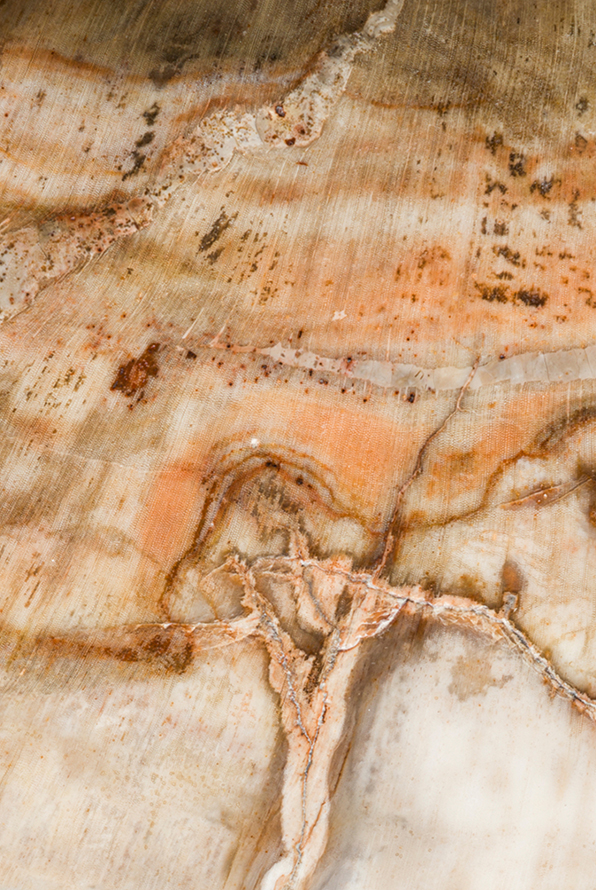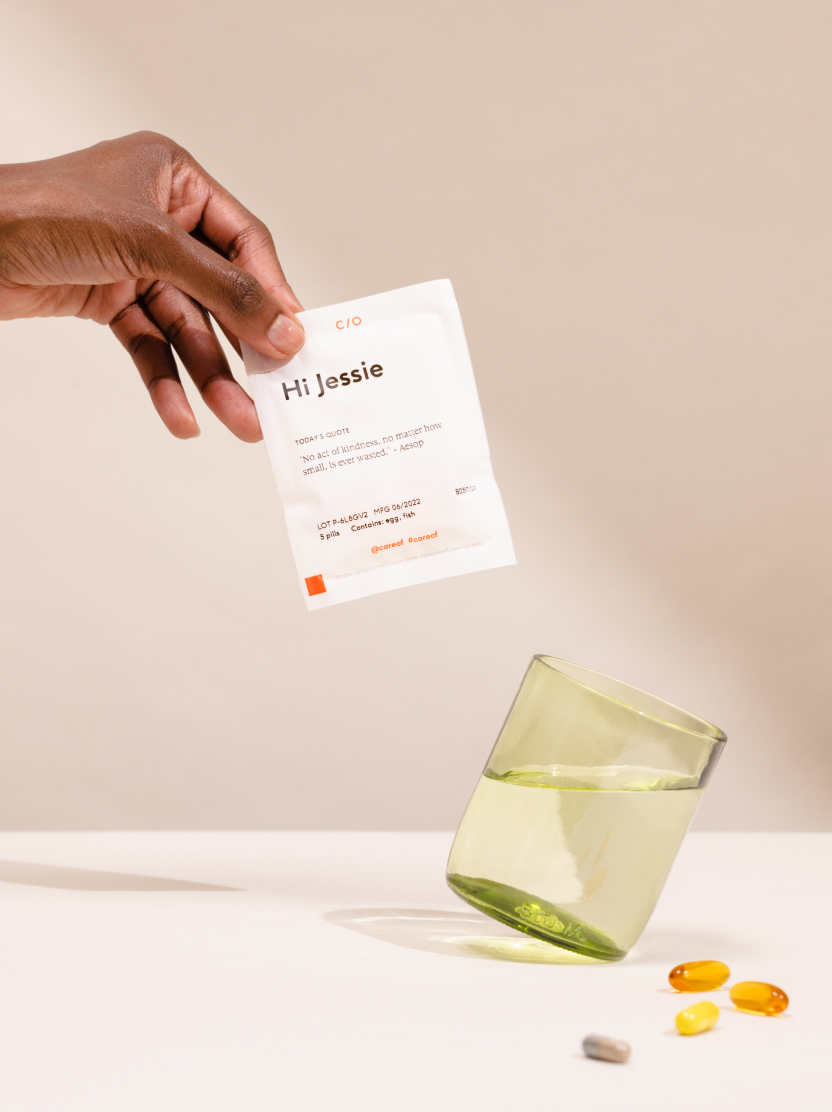- Brain
- Stress
- Fitness
Ashwagandha
The Chill Pill
- Helps relieve occasional stress and tension*
- Supports sexual wellness*
- Helps reduce food cravings*
- Supports muscle strength and recovery*
- 30 day supply


Did you know?
In the Indian practice of Ayurveda, ashwagandha has been celebrated for centuries for its therapeutic qualities.
Research and benefits
View all researchSupports muscle strength and recovery
Ashwagandha, a rejuvenative herb, has been studied for its effects on physical performance. Clinical studies have shown that it can support increases in strength levels during resistance training, as well as reduce exercise-induced muscle damage over time.*
Number of studies
Years of studies
Double-blind placebo
Ashwagandha, a rejuvenative herb, has been studied for its effects on physical performance. Clinical studies have shown that it can support increases in strength levels during resistance training, as well as reduce exercise-induced muscle damage over time.*
Supports sexual wellness
In traditional Ayurvedic medicine, Ashwagandha has been used as an aphrodisiac to support sexual function and wellness. A 2015 study showed that women who took ashwagandha over an 8-week period saw significant improvements with orgasms, arousal, and satisfaction.* Clinical studies have also shown the positive impact Ashwagandha has on men, supporting healthy testosterone levels. Ashwagandha supports men and women in different ways, but provides both with improved sexual function.*
Number of studies
Years of studies
Double-blind placebo
In traditional Ayurvedic medicine, Ashwagandha has been used as an aphrodisiac to support sexual function and wellness. A 2015 study showed that women who took ashwagandha over an 8-week period saw significant improvements with orgasms, arousal, and satisfaction.* Clinical studies have also shown the positive impact Ashwagandha has on men, supporting healthy testosterone levels. Ashwagandha supports men and women in different ways, but provides both with improved sexual function.*
Helps relieve occasional stress
Stress is a common factor in most people’s lives and can affect our mood and decision making. Ashwagandha has been clinically studied for its effectiveness in relieving occasional stress.* This compelling herb has been used all around the world as an Ayurvedic therapy and new clinical research seeks to confirm its traditional use.
Number of studies
Years of studies
Double-blind placebo
Stress is a common factor in most people’s lives and can affect our mood and decision making. Ashwagandha has been clinically studied for its effectiveness in relieving occasional stress.* This compelling herb has been used all around the world as an Ayurvedic therapy and new clinical research seeks to confirm its traditional use.
Supports memory and cognitive function
As an adaptogen, ashwagandha may influence memory and cognitive function. One study evaluated the effect of 600mg of ashwagandha extract on memory and cognitive function in adults with mild cognitive impairment. When compared to placebo, the ashwagandha treatment group demonstrated significant improvements in both immediate and general memory as well as executive function, sustained attention, and information-processing speed.*
Number of studies
Years of studies
Double-blind placebo
As an adaptogen, ashwagandha may influence memory and cognitive function. One study evaluated the effect of 600mg of ashwagandha extract on memory and cognitive function in adults with mild cognitive impairment. When compared to placebo, the ashwagandha treatment group demonstrated significant improvements in both immediate and general memory as well as executive function, sustained attention, and information-processing speed.*
Helps increase aerobic capacity and endurance capacity
One double-blind, placebo-controlled, randomized study examined the effect of ashwagandha on cardiorespiratory performance. Taking ashwagandha resulted in increases in VO2 max, a key factor when it comes to endurance because muscles need oxygen to produce energy.*
Number of studies
Years of studies
Double-blind placebo
One double-blind, placebo-controlled, randomized study examined the effect of ashwagandha on cardiorespiratory performance. Taking ashwagandha resulted in increases in VO2 max, a key factor when it comes to endurance because muscles need oxygen to produce energy.*
Helps reduce food cravings
Ashwagandha’s calming properties can help reduce food cravings associated with stress. In one clinical study, subjects taking ashwagandha showed significant reductions in scores on the Food Cravings Questionnaire, a commonly used measure of food cravings.*
Number of studies
Years of studies
Double-blind placebo
Ashwagandha’s calming properties can help reduce food cravings associated with stress. In one clinical study, subjects taking ashwagandha showed significant reductions in scores on the Food Cravings Questionnaire, a commonly used measure of food cravings.*

Smarter formulas
Concentrated for results
Our Ashwagandha roots are harvested using a gentle method, developed over fourteen years of research, to deliver the most concentrated extract in the world. The powder is then dried, analyzed, and shipped to the United States where it is tested and encapsulated.

Better
ingredients
The ashwagandha we use is third-party tested, non-GMO, and is sustainably harvested from farms in India. The extract is solely from the plant’s root and we only use quality roots that are solid, bright, and a healthy size.

